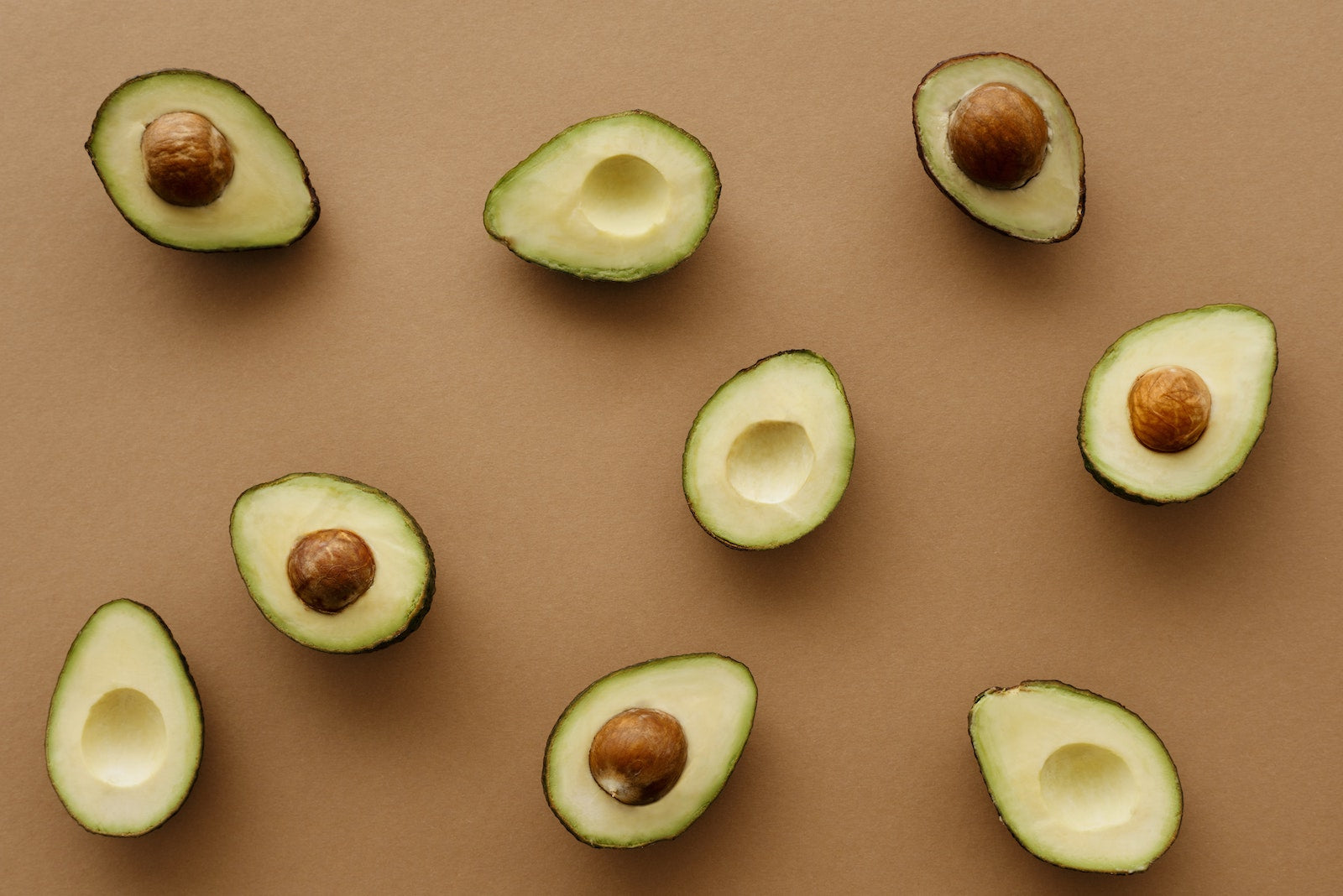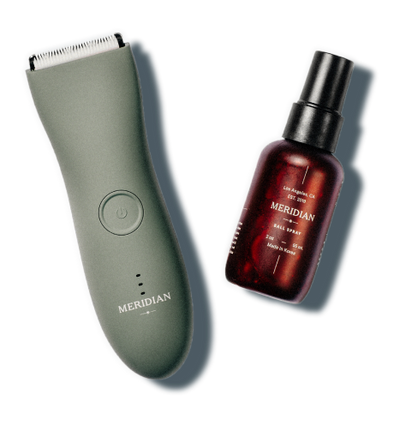Healthy Eating For Men

Men’s nutritional needs are different from women’s in a few key ways.
3 MINUTE READ


Men’s nutritional needs are different from women’s in a few key ways.
3 MINUTE READ

Men’s nutritional needs are different from women’s in a few key ways. In general, men’s caloric and macronutrient needs are higher than women’s. While some studies show that men care less about healthy eating than women do, it’s important to eat well for feeling and looking your best throughout life.
Caring about your grooming routine and staying fit can inspire you to eat more fruits and vegetables because food is more than fuel for your body. A healthy diet can help prevent chronic illness and premature aging. Healthy foods promote great skin, better digestion, deeper sleep, and improved muscle tone among other benefits. So, if you haven’t given your eating habits much thought, now’s a great time to review your diet.
With so many diets trending these days, you might feel at a loss to figure out the best men’s diet plan for you. If you’re committed to a diet path already, such as veganism or Paleo, and it’s working well, then awesome — carry on. It also never hurts to consider alternatives if you need to shore up your meal and snack routine. Healthy eating for men doesn’t need to get complicated, but it’s helpful to make sure that you’re covering all your bases when it comes to meeting your nutritional needs. Here are three habits to keep in mind if you’re ready to tackle some new and improved food choices.
While only about 4 percent of US men identify as vegetarian, you don’t have to stop eating meat altogether to get healthier. Studies vary about whether eating some meat is best for humans, but either way, research proves the benefits of eating plenty of plant foods. Aim for five or more servings of fresh fruit and vegetables per day — some studies show that men need at least nine servings of fresh produce each day to optimize health and prevent disease.
Also, ditch highly processed and refined carbohydrates, sugars, fast foods, and industrial oils as much as you can. These foods can contribute to obesity and illness, according to research. Swap these out for a whole foods diet instead.
Moderately active men need anywhere from 2,200 to 2.800 calories per day, but you may need a bit more or less depending on your fitness level.
Additionally, aim to eat until you feel satisfied but not too full. General portion size guidelines for men indicate that it’s best to fill half your plate with vegetables or salad, a quarter of your plate with high-quality protein, and the last quarter of your plate with complex carbs. You can also add about a half tablespoon or so of healthy fat, such as cold-pressed olive oil or avocado to your meal.
There are multiple ways to approach intermittent fasting for men. Intermittent fasting can boost lean muscle and promote weight loss, and there’s no calorie counting involved.
Using intermittent fasting means that you don’t eat or drink anything with caloric value at set intervals. These fasting periods can increase fat burning, fortify the immune system, and improve overall body composition. Intermittent fasting may also benefit cardiovascular health and decrease chronic inflammation in the body, according to research.
The bottom line is this: Eat better and more mindfully to look your best and feel amazing. You can still enjoy your favorite foods, but you might want to cut back or replace them with healthier alternatives if they’re not the best choices for you in the long run.

We’ve packaged up your ‘deserted island’ essentials into a must-have discounted personal grooming kit.
